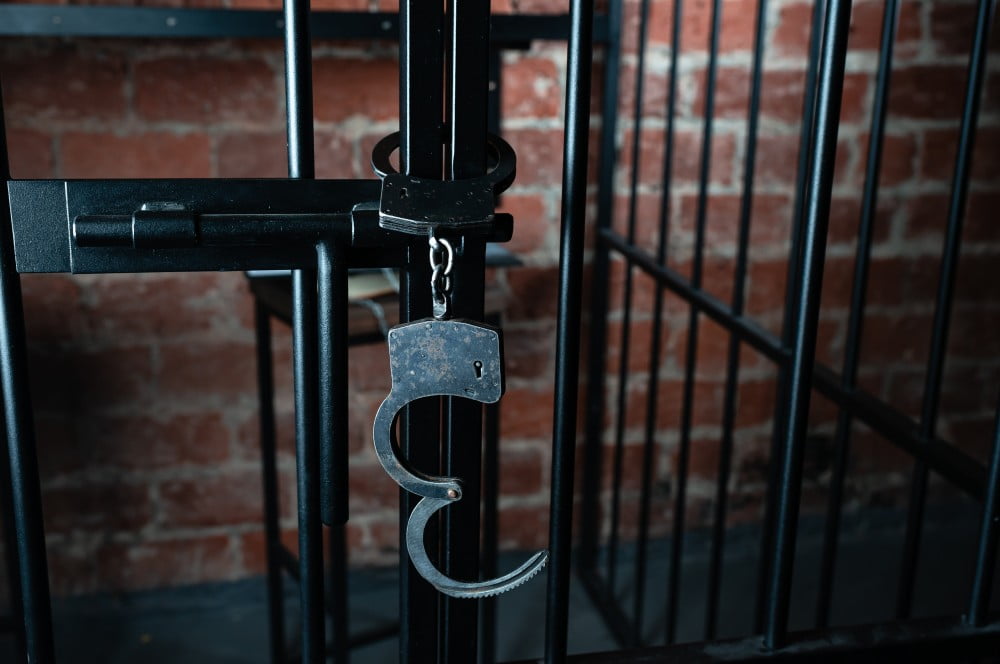What are conditional discharges in SC? How do you get one, and how do they work?
In this article, we will cover the basics of conditional discharges, including:
- The difference between conditional discharges in the lower courts and General Sessions Court,
- The types of charges for which you can get a conditional discharge, and
- The process for a conditional discharge from start to finish.
Conditional Discharge Basics – How it Works
First, what is a conditional discharge?
It is a pretrial diversion program that is available in 1) first-offense simple possession cases and 2) public disorderly conduct cases (see, SC Code § 16-17-530).
The most common use of conditional discharges is in first-offense simple possession drug cases, however.
SC Code § 44-53-450 authorizes conditional discharges when a person is charged with first-offense “possession of a controlled substance under Section 44-53-370(c) and (d), or Section 44-53-375(A),” which includes charges for simple possession of the following controlled substances in South Carolina:
- Marijuana,
- Cocaine,
- Heroin,
- LSD and other hallucinogens,
- Ecstasy or Molly,
- Crack cocaine or cocaine base, and
- Meth.
The statute says that you must 1) enter a guilty plea, 2) be placed on probation, and 3) complete requirements including community service before your case is dismissed and expunged.
That’s not necessarily how it works in practice, though (you can’t be placed on probation in the magistrate court, for example).
How Do You Get a Conditional Discharge?
Section 44-53-450 authorizes it, but does not say that you are entitled to it… a conditional discharge is a privilege, not a right.
Your prosecutor, the court, the law enforcement officer, and any alleged victims in your case may have some important input as to whether you are afforded a conditional discharge. This means that, even if you are eligible for a conditional discharge, it is critical that your attorney present mitigating information to the prosecutor (lack of prior record, level of education, current and past employment, family, volunteer work, restitution paid, or other facts that show the offense was a one-time thing and is not likely to happen again) to persuade the prosecutor to allow you to enter a conditional discharge.
Conditional Discharges in the Magistrate or Municipal Court
Despite what the statute says, the procedure is different in the lower courts (Magistrate or Municipal (Town/City) courts) than in General Sessions Courts (typically offenses that carry more than 30 days in jail as a potential penalty).
In the Magistrate or Municipal courts, the procedure is often more informal:
- You will not be placed on probation (you can’t get probation for a magistrate-level or municipal-level offense),
- You will be required to document community service hours (typically 30 or 60 hours depending on the charges, officer, and court) if you are required to complete community service hours,
- You may or may not be required to complete counseling. If the Court does order counseling, you should be prepared to provide written documentation that you have completed the counseling,
- Your case will be dismissed once your attorney presents proof that you have completed the requirements, such as drug testing, counseling, and/or community service hours, and
- You must pay the fee that is required by the Court to complete your conditional discharge.
- Charges may not be automatically expunged by the court once the conditional discharge is completed (you or your attorney will need to follow up with the clerk).
Conditional Discharges in General Sessions Court
In General Sessions Court, conditional discharges are also a possibility for certain offenses. Some charges that are heard in General Sessions are eligible for conditional discharges, though, like simple possession of cocaine, meth, or prescription drugs.
In General Sessions Court, you may be required to:
- Enter a formal guilty plea,
- Be placed on probation,
- Complete the requirements for the conditional discharge which may include community service hours, counseling, drug screens, and supervision fees to the probation department, and
- Apply for an expungement once the requirements have been completed.
In some cases, however, the prosecutor could agree to remand your case to the magistrate court to simplify the process. For example, if you are charged with simple possession of marijuana greater than one ounce in General Sessions Court, the charges could be reduced to simple possession of less than one ounce and sent to the lower court for a potential conditional discharge.
Are the Charges Expunged from Your Record?
Once you have completed a conditional discharge, the charge is eligible to be expunged from your record – all documents and records of your arrest and the case’s disposition should be destroyed by the jail, Solicitor’s Office, and law enforcement departments except for a private record kept by SLED to ensure that you do not use the program more than once.
How Can an Attorney Help Me?
Your criminal defense lawyer in Summerville, SC, may investigate your case, review the evidence the state intends to use against you, locate and interview any potential defense witnesses, and help you determine whether it is in your best interest to accept a conditional discharge.
Once you know that a conditional discharge is an option in your case, your attorney may negotiate with your prosecutor or officer to get them to agree to the conditional discharge – it is then up to you to complete the community service before your case is dismissed and expunged.
Questions About Conditional Discharges in SC?
A Summerville, SC, criminal defense attorney, such as Susan E. Williams, may be able to help you with your case by investigating the allegations against you, negotiating pretrial diversion like a conditional discharge, and taking your case to trial if the state does not dismiss your case or make an offer to which you agree.
If you’re facing criminal charges, contact us through our website using this form or call 843-607-9800 to speak with attorney Susan Williams.



